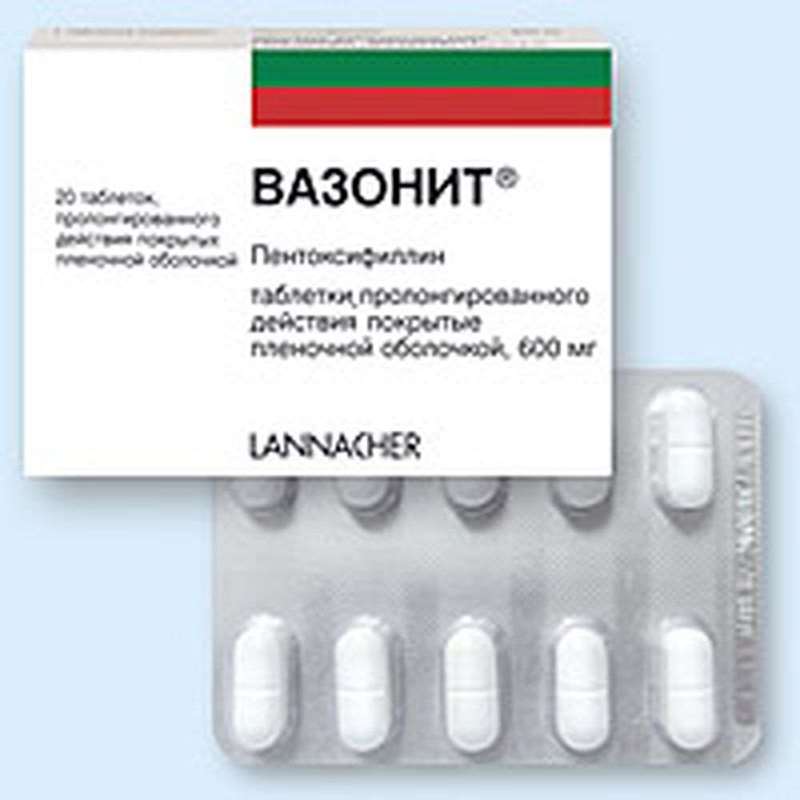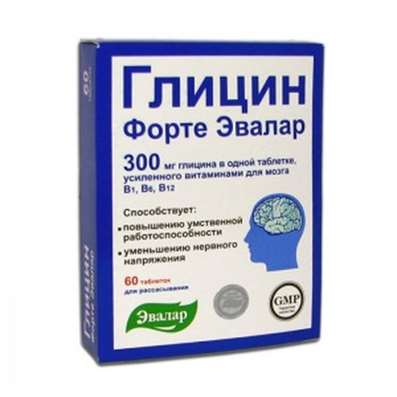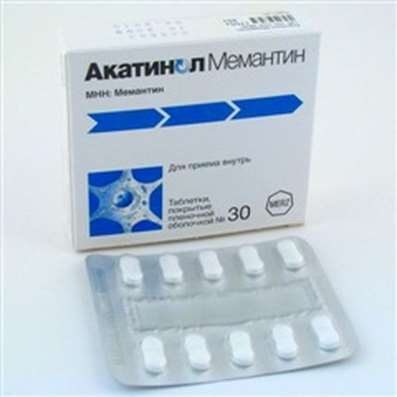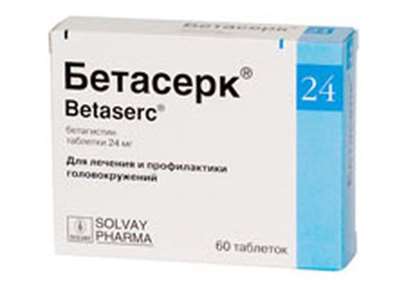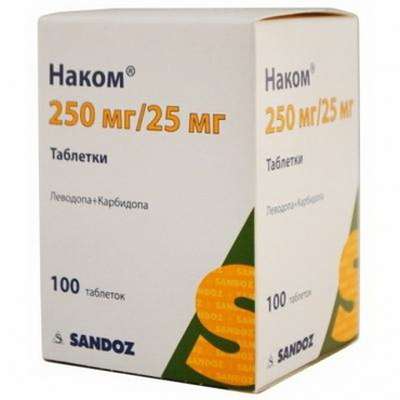Vasonit (Pentoxifylline) - angioproteguoe, antiagregatine, vasodilator.
It improves the microcirculation and blood rheology. It inhibits phosphodiesterase, contributing to the accumulation of cAMP in tissues and organs, including in vascular smooth muscle cells in the elements of blood. Inhibits the aggregation of platelets and red blood cells, increases the elasticity of the membrane reduces the concentration of fibrinogen in plasma and enhances fibrinolysis. It improves oxygen supply to the greatest degree in the limbs, the central nervous system and to a lesser extent in the kidneys. Slightly dilates coronary vessels.
The mechanism of action is related to inhibition of phosphodiesterase and cAMP accumulation in vascular smooth muscle cells in blood cells in other tissues and organs. The drug inhibits the aggregation of platelets and erythrocytes increases their flexibility, reduces the level of fibrinogen in plasma and enhances fibrinolysis, reducing blood viscosity and improves its flow characteristics. It improves oxygen supply to areas of impaired blood circulation, particularly in the limbs, the central nervous system, and to a lesser extent in the kidneys. Slightly dilates coronary vessels.
When receiving the tablets inside provides a continuous release of the active substance and its uniform absorption from the gastrointestinal tract. It is metabolized in the liver "first-pass", thereby forming a number of pharmacologically active metabolites. Cmax of pentoxifylline and its active metabolites in plasma is achieved in 3-4 hours and lasts at therapeutic levels for 12 h. Write mainly in the urine as metabolites.
Testimony:
- Disorders of the peripheral circulation ( "intermittent" claudication on the background of diabetic angiopathy, obliterative endarteritis), Raynaud's disease, disorders of trophic tissue (post-thrombotic syndrome, varicose veins, leg sores, gangrene, frostbite);
- cerebrovascular accidents: ischemic and postapopleksicheskie state;
- cerebral atherosclerosis (dizziness, memory impairment, sleep disorders), encephalopathy, viral neuroinfection (prevention of possible violations of the microcirculation);
- Coronary artery disease, condition after myocardial infarction;
- acute disorders of blood circulation in the retina and choroid; otosclerosis, degenerative changes in the background pathology of vessels of the inner ear with a gradual hearing loss;
- COPD, bronchial asthma; impotence of vascular origin.
Contraindications:
- Hypersensitivity to pentoxifylline and other xanthine derivatives.;
- acute myocardial infarction;
- porphyria, massive bleeding, hemorrhagic stroke, retinal hemorrhage, pregnancy, lactation.
- C care: labile blood pressure (tendency to hypotension), heart failure, peptic ulcer and 12 duodenal ulcer (oral), state after recently transferred surgical intervention, liver and / or kidney failure, age 18 years (effectiveness and safety have not been studied).
Special instructions:
Treatment should be under the control of blood pressure. In patients with diabetes, taking hypoglycemic drugs, the appointment in large doses can cause pronounced hypoglycemia (dose correction is required). When assigning simultaneously with anticoagulants should be carefully monitored for indicators of blood coagulation. In patients who have undergone recent surgery, a systematic control of Hb and hematocrit. The dose should be reduced in patients with low and unstable blood pressure. dose reduction may be required in elderly people (increased bioavailability and reduced clearance rate). The safety and efficacy of pentoxifylline in children are not well understood. Tobacco smoke may reduce the therapeutic efficacy of the drug. Compatibility pentoxifylline solution, infusion solution should be checked in each case.
Suggested Use:
Tablets are enteric coated, swallowed whole with a little water. The daily dose divided into 3 admission. The initial dose - 600 mg / day. With the improvement of the dose can be reduced to 300 mg / day. Prolonged dosage forms administered 2-3 times per day.
Side effects:
From the digestive system: possible - nausea, vomiting, diarrhea, dry mouth, loss of appetite, feeling of fullness in the abdomen, epigastric pain, elevated liver enzymes (ALT, AST, LDH) and alkaline phosphatase, cholecystitis, hepatitis, jaundice; rarely - an unpleasant taste in the mouth, hypersalivation.
CNS: relatively rare - headache, dizziness, anxiety, sleep disorders, convulsions.
From the sensory organs: rarely - conjunctivitis, scotoma, blurred vision, pain in the ear.
Since the cardiovascular system: the use of the drug in high doses may decrease blood pressure, tachycardia, angina pectoris, cardiac arrhythmia, facial flushing, "tides" of blood to the skin of the face and upper chest, swelling.
Allergic reactions: possible - itching, skin rash, urticaria, angioedema; rarely - anaphylactic shock.
From the side of hematopoiesis and hemostasis system: rarely - bleeding (from the stomach vessels, intestines, skin and mucous membranes), thrombocytopenia, leukopenia, pancytopenia, gipofibrinogenemia, changes in patterns of peripheral blood of aplastic anemia. In this connection it is necessary to carry out regular monitoring of blood picture.
Other: rarely - malaise, increased fragility of nails, weight changes, nasal congestion.
Drug interactions:
Pentoxifylline may increase the effects of drugs that affect blood clotting (indirect and direct anticoagulants, thrombolytics) anitibiotikov (including cephalosporins - tsefamandola, tsefaperazon, tsefotetan), valproic acid. It increases the effectiveness of antihypertensive drugs, insulin and oral hypoglycemic drugs. Cimetidine increases the plasma concentration of pentoxifylline in (the risk of side effects). Co-administration with other. Xanthines can lead to excessive nervous excitement patients.
Packaging:
- Comes in original packaging. Item is brand new and unopened.
Storage:
- Keep away from direct sunlight.
- Keep locked and away from children.
- Store in dry place at room temperature.
- Do not exceed storage temperature higher than 25 C
Important notice- the outer box design may vary before prior notice!

 Cart
Cart
